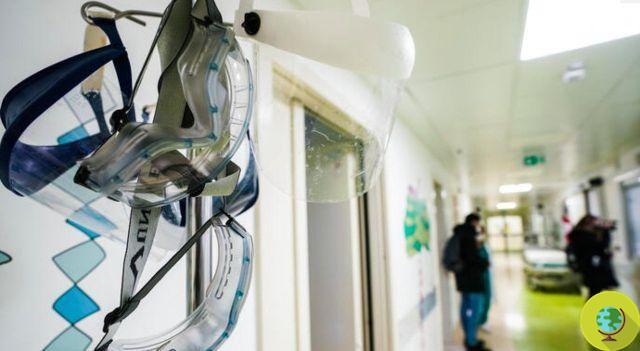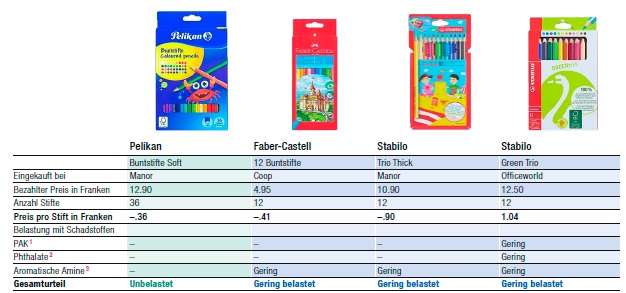
According to the latest report from the Health Security Agency, adenovirus F41, responsible for the symptoms complained of by infected children, would trigger hepatitis of an unknown form. This is the most likely hypothesis suggested by UK Health Agency experts
Don't store avocado like this: it's dangerous
Of the cases of acute pediatric hepatitis of unknown etiology that have been occurring throughout the planet in recent months, a potential cause may have been identified that appears, in the eyes of science, to be the most likely.
It would be adenovirus F41, responsible for colds, abdominal pain, diarrhea, nausea, and other symptoms that hospitalized children presented in more or less severe forms.
The microbiological investigations carried out had in fact excluded hepatitis A, B, C, D and E viruses in all cases, as confirmed by the Istituto Superiore di Sanità, and so far the infectious etiology seemed to be more likely based on the epidemiological and clinical.
Advancing this hypothesis is the British Health Security Agency which is still collaborating with the National Health Service (NHS) and with the Public Health Agencies of 4 Nations to investigate the potential cause of the virus that is alarming the whole world.
Blood samples taken from British children affected by this acute form of hepatitis revealed a preliminary typing of the adenovirus which corresponds, in most of the samples, to type 41F. From the analyzes they were however other types of adenoviruses were also identified which could be equally responsible for the pathology. Of 53 children tested, 40 have the pathogen adenovirus.
As the British agency points out, however, there is no correlation between travel and the spread of the virus which has led to 114 infections in the United Kingdom, of which the average age is 5 years, and 4 in our country.
Source: UKHSA
Follow your Telegram | Instagram | Facebook | TikTok | Youtube
Read also:
- Mysterious hepatitis, what are the symptoms not to be underestimated in children under 10 years of age
- Acute hepatitis in children, no connection with vaccines. The Ministry circular to report suspicious cases
- Mysterious hepatitis, what we really know about the virus that affects children and is frightening half of Europe

























